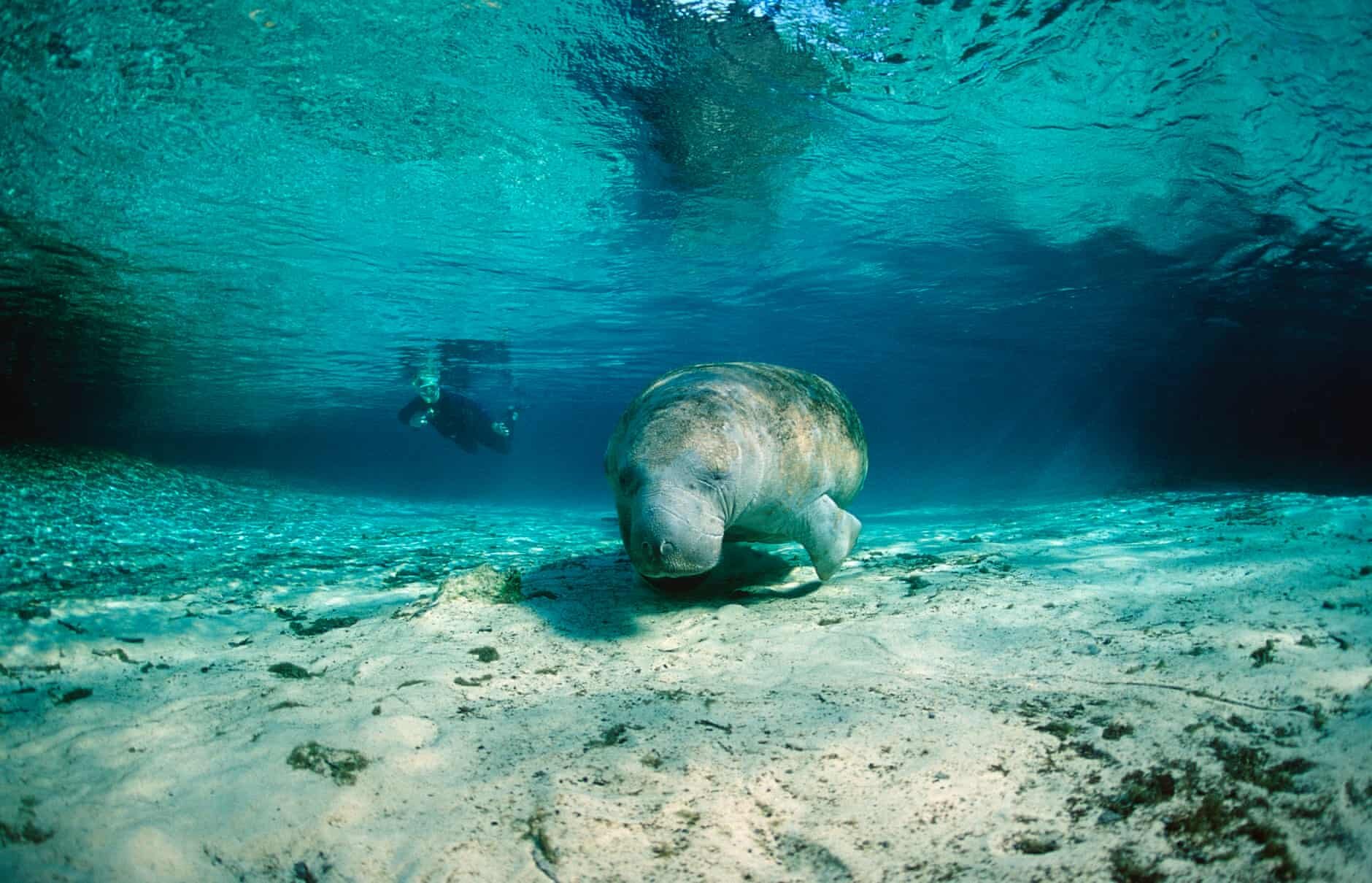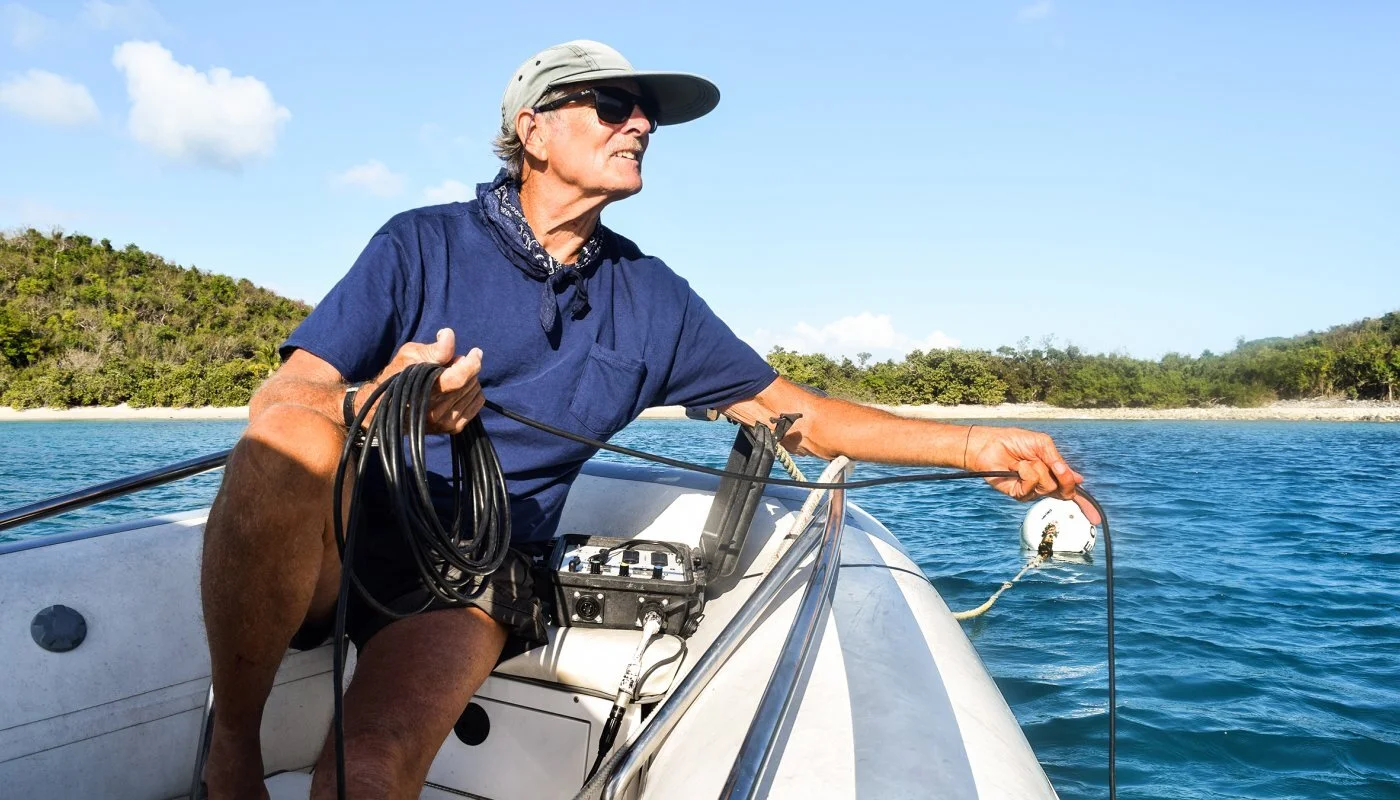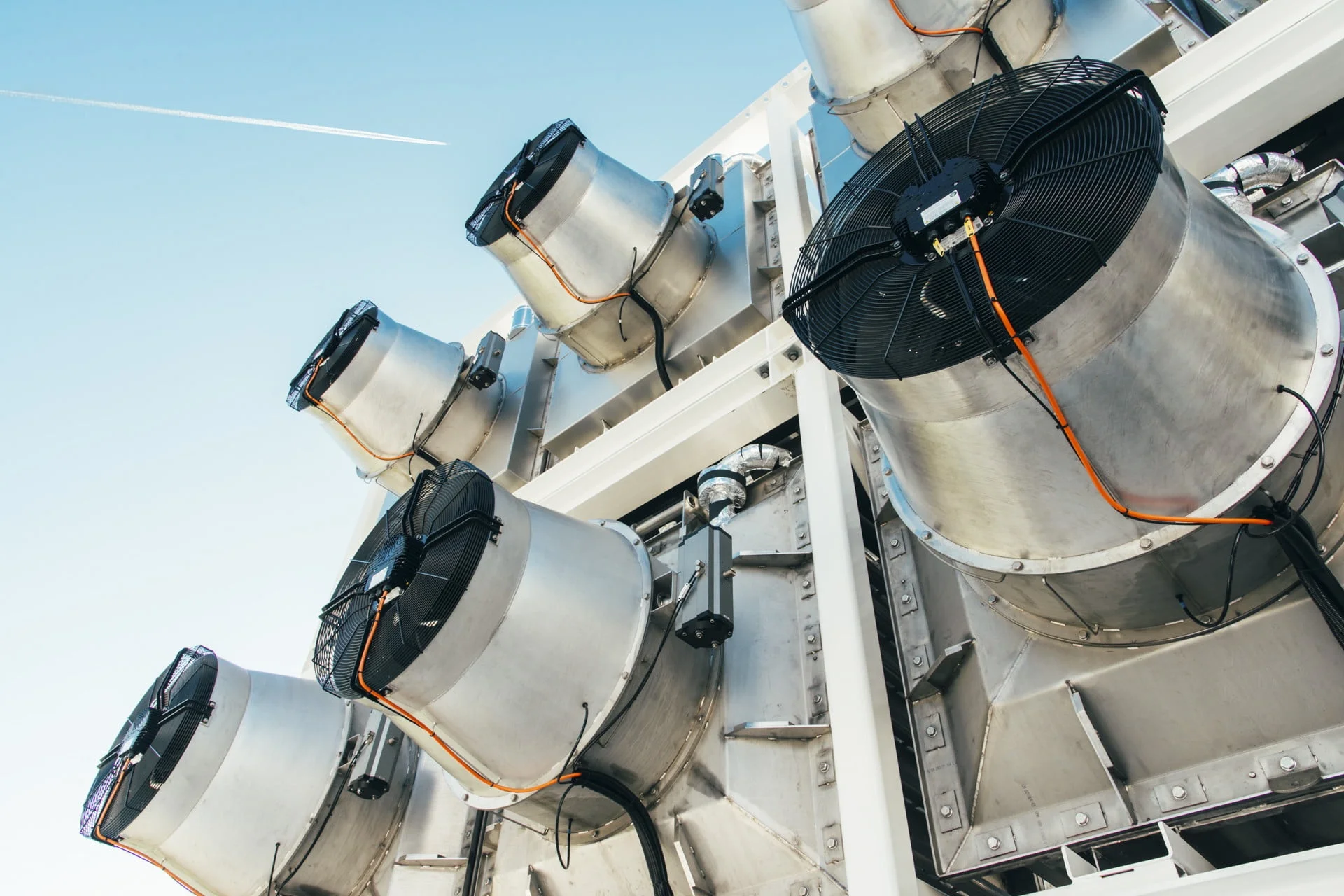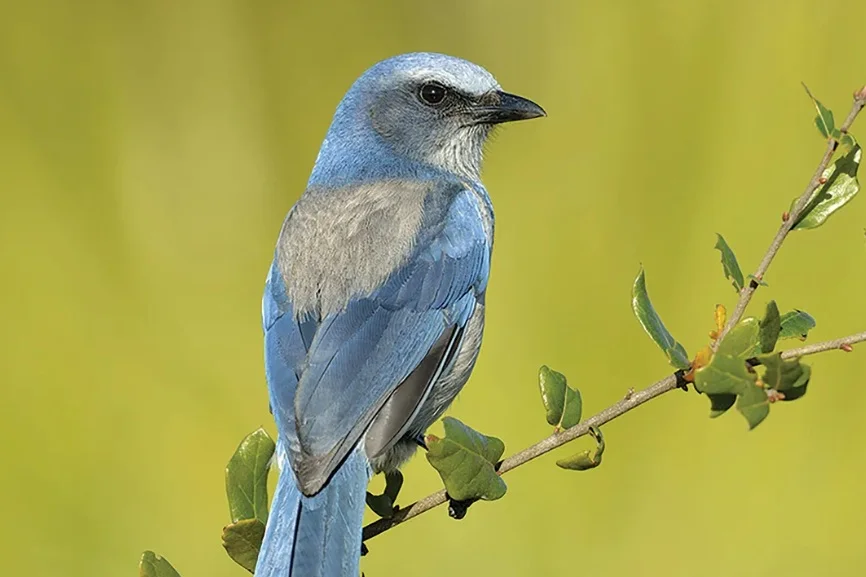Conservation
Conservation
Ullstein Bild/Getty Images
Decimated by famine, Florida’s manatees face an uncertain future, the Guardian
On a bright morning in July, a crowd gathered on a boat ramp in St Augustine, Florida, awaiting the arrival of a young male manatee named Gerard. The marshy Matanzas River gently flowed around oyster beds and sawgrass islands as biologists organized their equipment. Nearby about a dozen onlookers paced by the shore, waiting to catch a glimpse of Gerard’s return to the wild following weeks of captivity.
The Man Who Wants the World to Hear Whale Songs, Outside Magazine
A thunderhead loomed to the south of the island of Culebra, in Puerto Rico, threatening to drench Paul Knapp Jr. and the three passengers of his 18-foot inflatable dinghy, the Little Compass. The sticker at the helm of his boat read: “I Speak Whale.” A sun-swept couple from Michigan waited toward the bow, while I sat beneath the Bimini top. As we exited the harbor, Knapp punched the engine and headed northwest, the wind to our stern. The Little Compass skimmed across the blue swells like a well-skipped stone.
Weevils Are Destroying Florida’s Bromeliads. What Can We Do? Sarasota Magazine
The insects arrived undetected. More than 30 years ago, unsuspecting workers at a nursery in Broward County unloaded a shipment of ornamental bromeliads infested with weevils from Central America. By the time agricultural inspectors discovered the bugs, it was too late. The weevils had spread like wildfire.
In the Midst of an outbreak, Scientists Rush to Understand Red tide, Sarasota MagazinE
On a muggy morning in early August, Gretchen Lovewell wades into waist-deep water at a home near Dona Bay and heads towards a carcass tucked behind a mangrove stand. A familiar, fetid scent is in the air—the third dead manatee she’s retrieved this month.
Coral Reefs Are Dying. Here's How We Can Save Them, PBS
Decades of environmental threats like warming waters and ocean acidification have pushed reefs to the brink. Can we use science to bring them back?
Michael Jackson's Pet Chimp, Bubbles, Is Living Out His Twilight Years in Florida, Miami New Times
Bubbles plows a big blue bucket along the border of his enclosure, tracing an invisible line. His fleshy feet thud against the concrete path. "He's just letting us know he's here," one of his caretakers says. Bubbles is behind a steel-wire fence with the rest of the apes. "He's big," she adds, "but he's a sweetie."
Can you build an entire town off-the-grid? Babcock Ranch wants to find out, Ars Technica
About a decade ago, NFL lineman-turned-real estate developer Syd Kitson began to have a vision. Fiber-optic Internet fed into every home. Self-driving cars ferried kids back-and-forth from school. A great blue sea of solar panels stretched to a horizon line of pines, soaked up rays in the Sunshine State.
Climeworks wants to clean the atmosphere with a fleet of truck-sized vacuums, Digital Trends
Using machines that resemble jet engines, Climeworks wants to fight climate change by extracting CO2 from thin air. The gas can then be sold to carbonated drink and agriculture companies, or sequestered underground.
Cattle theft in Kenya is being tackled with remote-tracking chip technology, Quartz
Cattle theft has long been a challenge for many livestock owners in Kenya, but a new technology aims to give them peace of mind. The platform, Chipsafer, uses a remote tracking system to identify and geolocate individual livestock, offering security against theft and disease, and demonstrating a growing trend toward the Internet of Things in agriculture.
Saving Florida’s Friendliest Native Bird Matters, Sarasota Magazine
For the past 2 million years, Florida has been home to a superlative bird found nowhere else on earth. These birds are remarkably smart, with extraordinary memory and perhaps even the ability to plan ahead. Highly social yet quarrelsome, they’re like the stars of an avian soap opera. And they’re as brash and curious as precocious kids.
To unlock secrets of evolution, scientists want to sequence all life on Earth, Digital Trends
The Earth BioGenome Project has an ambitious goal—to sequence the DNA of all plants and animals species on Earth. In doing so they hope to unlock secrets of evolution and help preserve the blueprint of species for perpetuity.










